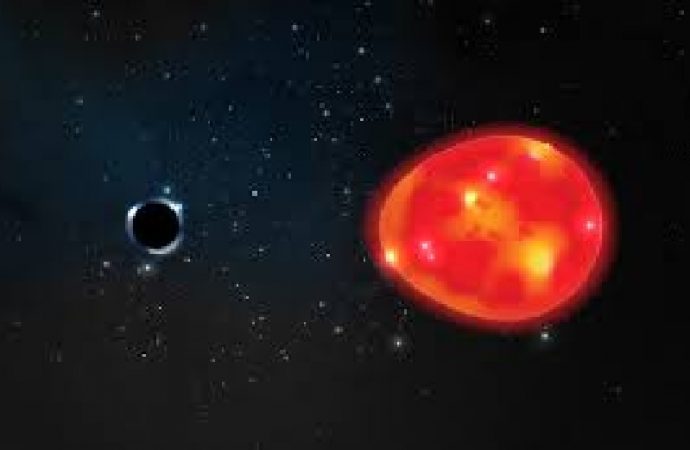Astronomers have discovered one of the smallest black holes to date, sitting just 1,500 light-years away which also makes it the closest one to Earth found so far. And they have called it “the Unicorn.”
Source: USA Today
The black hole was given the nickname in part because it’s so rare but also because it was discovered in the constellation Monoceros, which means unicorn, according to a release from the Ohio State University.
Though it’s roughly three times the mass of our sun, the size is considered tiny for a black hole.
“The Unicorn” appears to be a companion to a red giant star, which is how scientists were able to find it, the university’s release said. Since black holes aren’t visible, researchers were able to locate this one after analyzing data documenting certain changes in the companion star.
“When we looked at the data, this black hole – the Unicorn – just popped out,” said lead author Tharindu Jayasinghe, a doctoral student in astronomy at Ohio State.
After noticing something was causing the red giant’s intensity and appearance to change, Jayasinghe and other researchers noticed something was pulling at the star, an effect known as a tidal distortion.
One possible explanation for this effect is a black hole, but it’s only recently that scientists have considered black holes of such a small mass to possibly exist, the university release said.
“When you look in a different way, which is what we’re doing, you find different things,” said Kris Stanek, study co-author and an astronomy professor at Ohio State. “Tharindu looked at this thing that so many other people had looked at and instead of dismissing the possibility that it could be a black hole, he said, ‘Well, what if it could be a black hole?’”
The researchers’ findings were published Wednesday in the journal Monthly Notices of the Royal Astronomical Society.
Source: USA Today

































Leave a Comment
You must be logged in to post a comment.